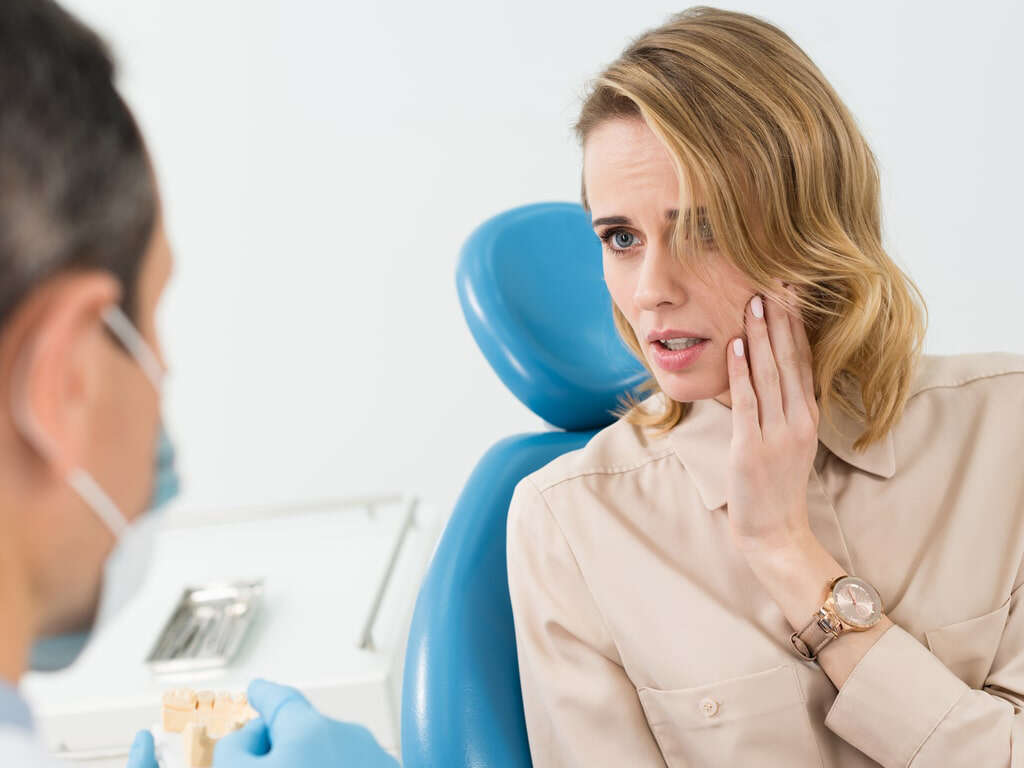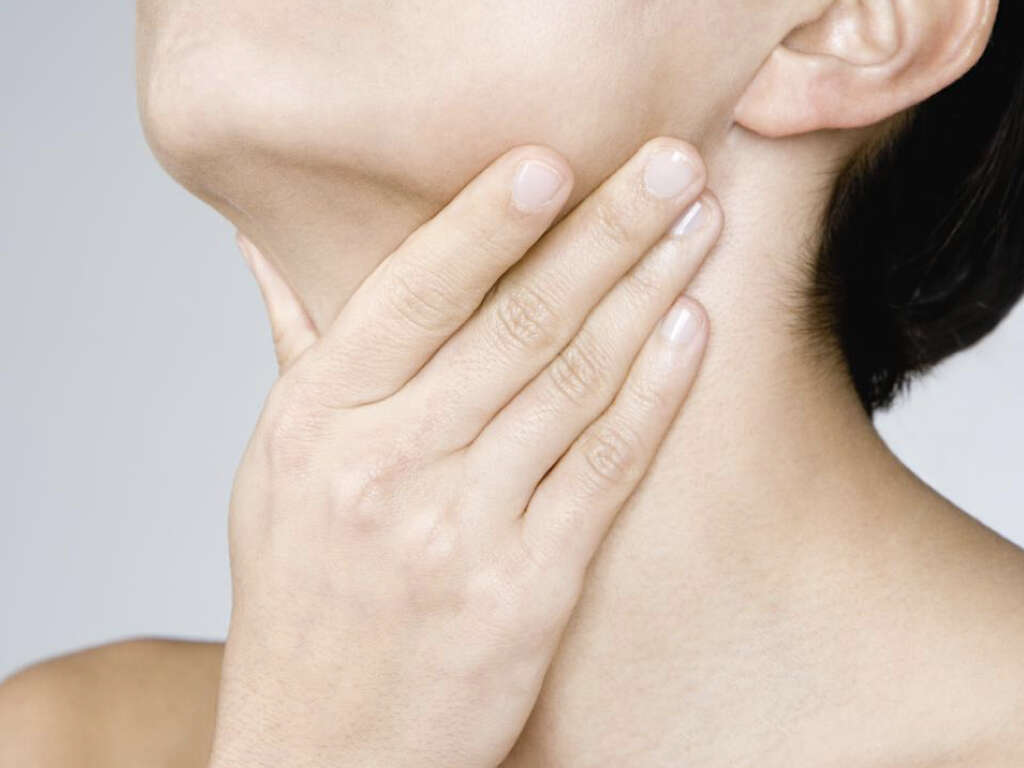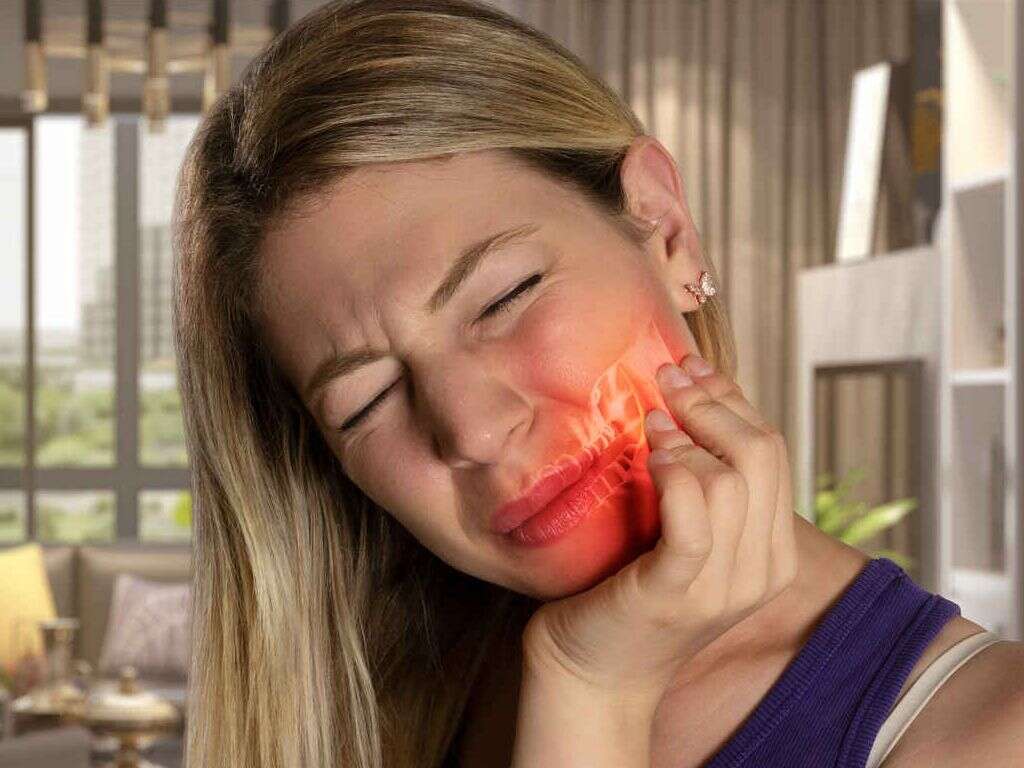What Is TMJ Syndrome?
TMJ syndrome is a very common condition that millions of people suffer from every year. People with TMJ syndrome may have a variety of symptoms. Some are more of an annoyance, while other symptoms are more severe and can affect a person’s quality of life.
For those who suffer from TMJ syndrome, the good news is there are numerous treatment options, and the preferred method is often based off the cause of the problem. These treatment options range from conservative at-home care to more invasive surgery.

1. What Does TMJ Stand For?
In medical and dental terminology, TMJ stands for the temporomandibular joint. This joint connects the jaw to the skull bones that are located in front of the ear. There is one joint on each side of the face. This joint allows for the opening and closing of the jaw as well as its ability to move from side to side. These movements allow for functions such as chewing, talking and yawning.
When there are issues with the temporomandibular joint or the muscles and tissues surrounding it, people refer to them as TMJ disorders, or TMD, or TMJ syndrome.
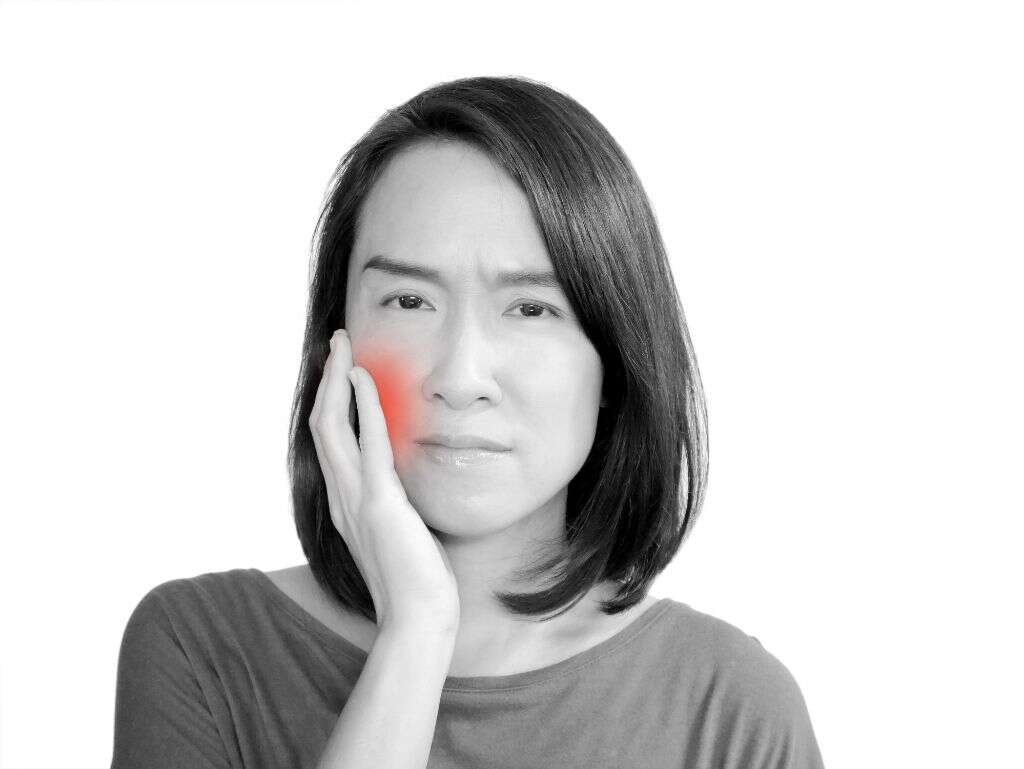
2. What Are the Symptoms of TMJ Disorders?
The symptoms of TMD can vary, and they range from mild discomfort to severe pain. TMJ disorders may be unilateral or affect both sides. There may be tenderness or pain in the small muscles that control jaw movement. This may feel like achiness in the ear area or other areas of the face. There may also be localized pain at the joint.
There may be popping or clicking sounds of the joint with the opening and closing of the mouth. People with TMD may have difficulty chewing or notice their bite is crooked. The jaw may also lock in the open or closed position. Some people notice swelling on one side of the face, while others may notice a tired feeling around the joint. Other common symptoms include headaches, toothaches, neck pain, shoulder pain, earaches and hearing issues.

3. What Causes TMJ Disorders?
In many instances, the cause of TMJ disorder is unknown, and the doctor or dentist will ask a series of questions to find out more detail about lifestyle and activities. Anything that causes injury to the joint, jaw or muscles may lead to TMD. Examples include whiplash, a forceful blow to the head or a sports injury. Misalignment of the joint can also cause pain and dysfunction.
Chronic stress may be a factor in some cases of TMJ disorders. Tension often causes muscles to tighten, and this can put strain on the muscles that surround the joint. Another cause of TMD is the erosion or damage of the cartilage that covers the joint.
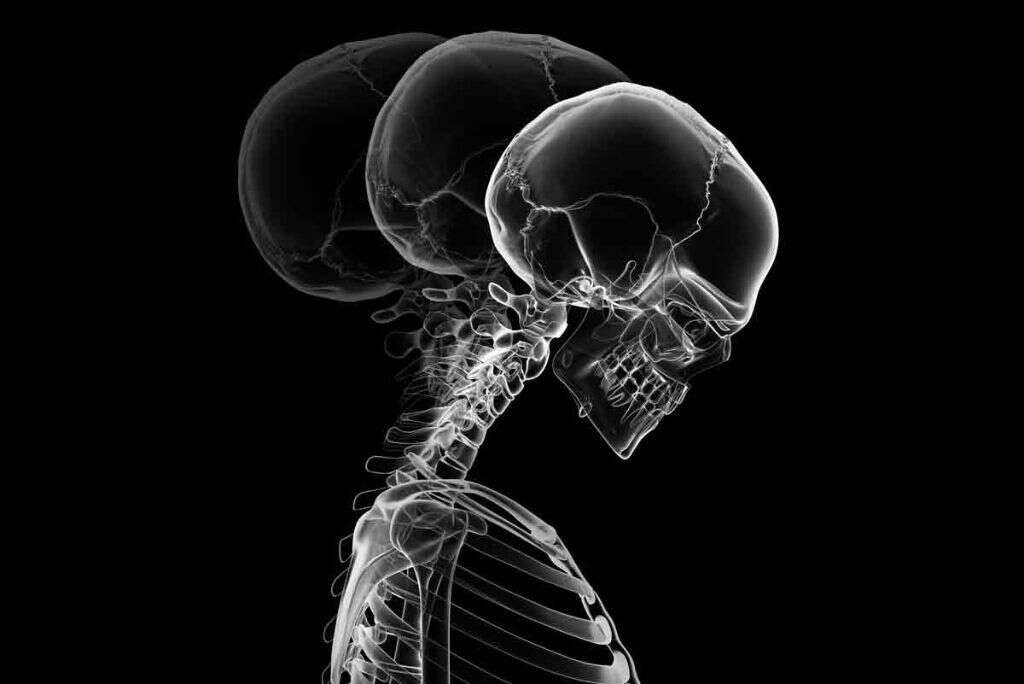
4. Are There Risk Factors Associated with TMJ Disorders?
While a specific injury to the face or jaw can cause issues with the joint, there are certain factors that increase one’s risk of getting TMD. The disorder tends to be more common in females, as well as in people in their 20s and 30s. People who are chronic teeth grinders or clenchers are usually more prone to TMJ issues because of the constant strain on the jaw and joint.
Arthritis, such as osteoarthritis and rheumatoid arthritis, wears down the cartilage around the joint, increasing the risk of TMD. Cartilage also wears down in people who have connective tissue diseases such as autoimmune diseases, marfan syndrome, EDS and osteogenesis imperfecta. All of these risk factors should be discussed with a healthcare provider when discussing TMD symptoms.
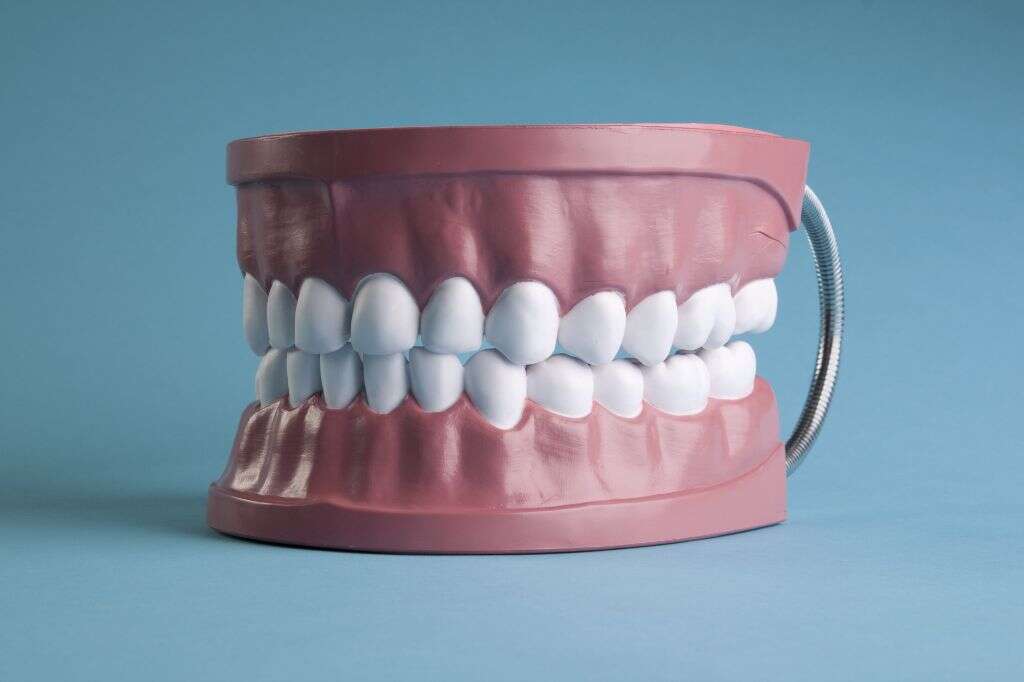
5. When Should Someone See a Healthcare Provider for TMJ Disorders?
Not all cases of TMD require medical intervention, and stress reduction techniques or at-home remedies may be enough to alleviate discomfort. However, there are instances in which medical treatment is beneficial. One should make an appointment if there is constant pain in the jaw or if the issue causes chronic issues such as headaches, neck pain or upper back pain. It is also important to seek treatment if the jaw ever locks into position or if you are unable to open or close the mouth completely.
Physical therapists, medical doctors, and dentists are trained to diagnose and treat TMJ disorders. If the clinician needs further assistance in diagnosing the problem, he or she may refer to a specialist such as a surgeon or orthodontist.
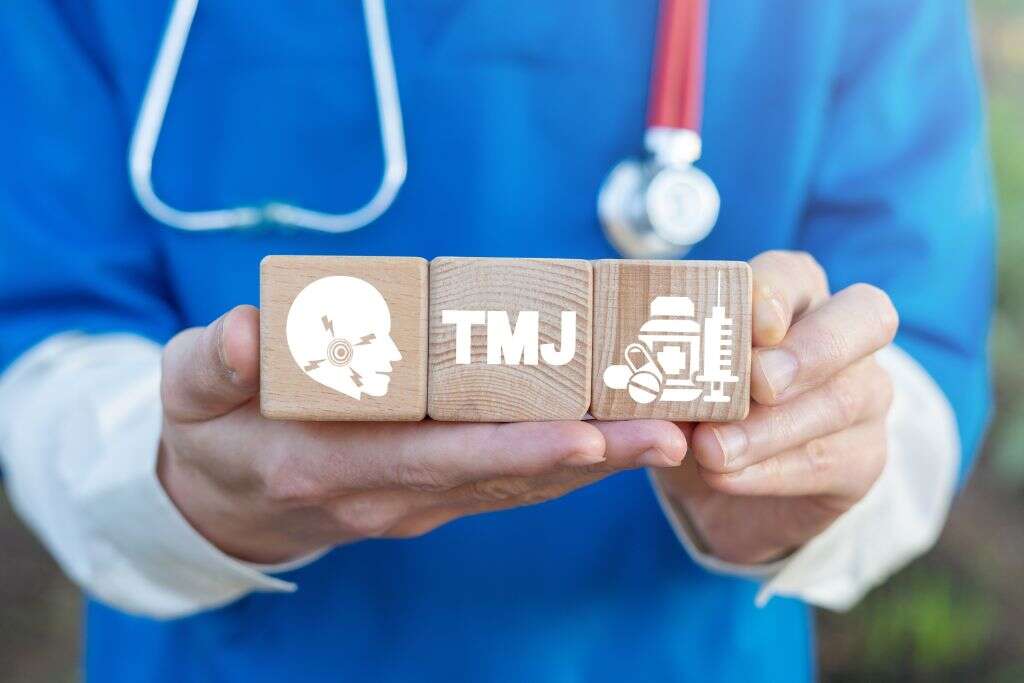
6. How is TMJ Disorder Diagnosed?
The symptoms of TMD can mimic other conditions, such as sinus issues, tooth decay, gum disease and arthritis, so it is important to have it properly diagnosed. The clinician will conduct a thorough health and medical history and perform a physical exam. During the examination, the practitioner will palpate the areas around the jaw to determine affected areas, have you open and close the mouth while feeling the joint and observe the jaw’s range of motion.
If the initial exam indicates an issue with the TMJ or surrounding area, further tests may be performed. X-rays are often taken to rule out other potential conditions. An MRI (magnetic resonance imaging) can get a better idea of the soft tissue that surrounds the joint as well as details of the joint’s disk. A CT (computer tomography) scan shows detailed views of the bones surrounding the joint. The doctor may also use TMJ arthroscopy to diagnose an issue.

7. What Medical Solutions are There for TMJ Disorders?
For chronic and more severe symptoms, the doctor may recommend numerous treatment options.
If issues with the teeth or bite are part of the issue, a dentist may perform dental work such as braces, bridges or crowns. A night guard or splint may be used to reduce grinding of the teeth or to correct biting issues.
Over-the-counter remedies, such as anti-inflammatories, often help ease the pain, but the doctor may prescribe something a little stronger if OTC meds do not do the trick. The doctor may prescribe muscle relaxants on a temporary basis to help control strong muscle spasms. Low doses of antidepressants help relieve pain and improve sleep. Anti-anxiety medication may help the patient relax, which relieves the muscles surrounding the joint. If more conservative methods do not bring results, surgery may be recommended.

8. Are There Alternative Treatments for TMJ Disorders?
For some people, alternative techniques can help with the condition and/or help manage the chronic pain associated with it. Chiropractic adjustments may help when the jaw is misaligned. It can also help alleviate neck and shoulder pain that is caused by TMJ disorders. Acupuncture is another treatment method that can help with chronic pain.
For some people, using specific relaxation techniques can help release tension in the jaw and surrounding muscles. Biofeedback uses electronic devices to measure the amount and location of muscle tightness. Massage therapy may also be helpful. Another treatment option may be radio wave therapy, which increases blood flow to the joint and alleviates pain.
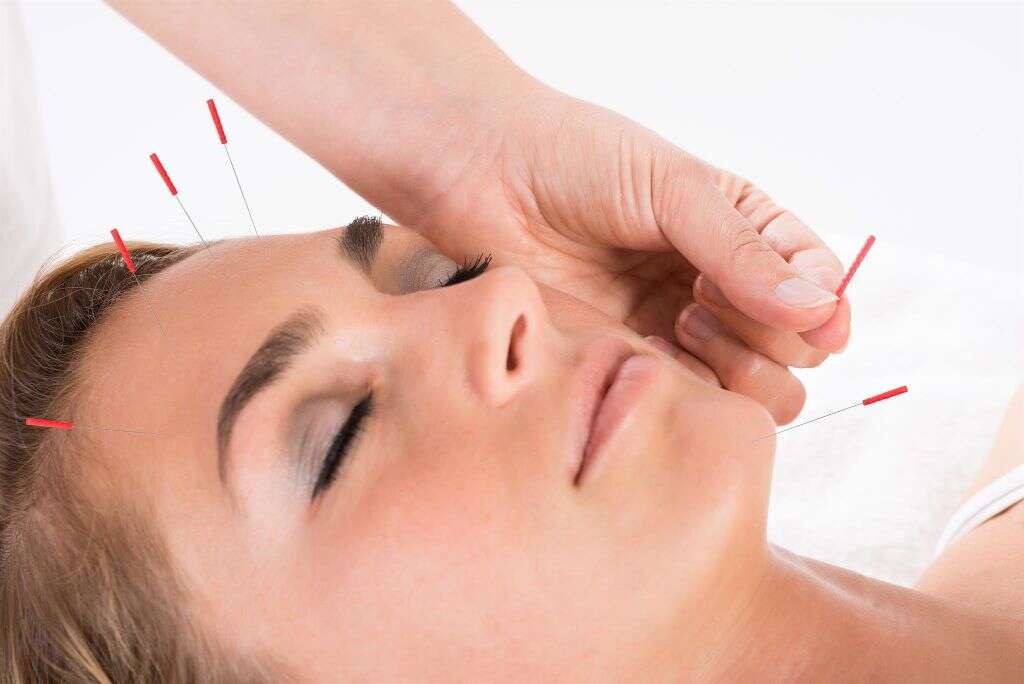
9. Are There Home Remedies for TMJ?
Many disorders of TMJ can be relieved by at-home remedies and lifestyle changes. Tension in the jaw is a common cause of TMD, so anything to relax it, such as meditation, stretching and massaging the jaw muscles, may help.
Simply applying cold packs or warm heat can naturally relieve pain. People who suffer from TMJ disorders should also be careful about how they use their jaw. They should avoid extreme movements when yawning, singing and yelling. They should also be careful when chewing. Food should be cut into small pieces, and soft foods are better than hard or chewy ones. People with TMD should also avoid sticky foods, ice and gum.

10. How Can One Prepare for an Appointment for TMJ Syndrome?
Regardless of the type of clinician you see for your TMJ disorder, the initial appointment will be similar. In order to find out if it is a TMJ problem or other condition, you will be asked a series of questions. The visit will be easier and quicker if you prepare for the questions ahead of time. Be prepared to answer questions related to the symptoms, such as when they started, if they are constant and if anything makes them better or worse.
Be prepared to answer inquiries into your stress levels and if anything has changed recently. Bring a list of all supplements and medications, as well as the name of any other healthcare professional you are seeing. Based on your answers, the dentist or doctor will perform an exam and conduct diagnostic tests to determine what is going on.
